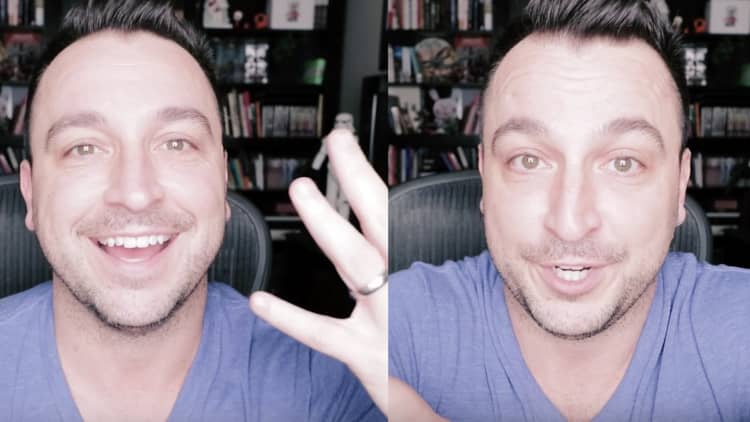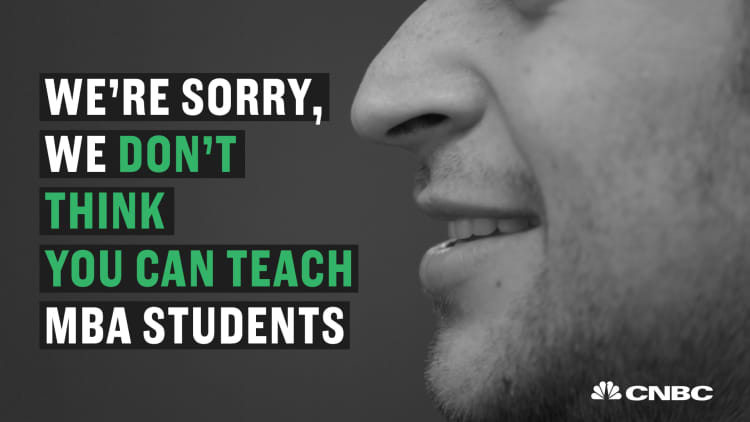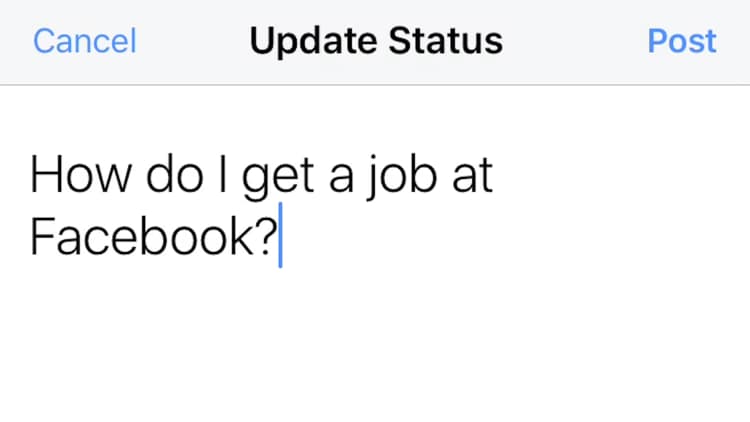As your team or company grows, it might naturally become more difficult to feel connected to your boss and coworkers.
But Facebook — once a 10-person team, now made up of 18,770 employees — has a secret to balancing growth and staying true to its mission, according to its vice president of people Lori Goler: its company culture.
In a conversation with Glassdoor, Goler offers five ways Facebook's culture fuels its overall success:
Being mission-focused
Goler says that when she first joined the company nine years ago, she noticed the leadership team's substantial focus on culture.
"The culture is in support of the mission," Goler tells Glassdoor. "We have seen the way that our community of users uses the products to build community, and we use it ourselves to build community internally. It all feels very much in sync."
Goler adds that when she is recruiting and interviewing prospective Facebook employees, the company's culture and mission are "a really big part of our value proposition."
Former Facebook employee Kevin Colleran, once the company's longest-serving employee after founder and CEO Mark Zuckerberg, had a similar takeaway. He writes in the Wall Street Journal that he witnessed the company grow "tremendously — both in terms of revenues and headcount — while never losing focus on the critical nature of culture."

Playing to employees' strengths
Facebook uses self-assessments and exit interviews to understand how employees feel about their work while also figuring out ways to help them excel.
"The thing that separates people who stay for a long time or who make the choices to leave is how they score themselves on whether they're playing to their strengths," Goler tells Glassdoor.
She adds that when employees feel proud about the work they do at Facebook, they are contributing back to the company's overall mission.
Part of identifying an employee's strengths is understanding their downfalls. In one episode of LinkedIn founder Reid Hoffman's podcast, "Masters of Scale," Facebook COO Sheryl Sandberg says a resilient organization like Facebook is born from embracing employees' failures.
"You have to be open to feedback. You have to ask for feedback. You have to build in a culture where, when I think you need to do something better, or you think I need to do something better—we tell each other and tell each other directly, and work it out," Sandberg tells Hoffman.
Supporting life outside of work
Goler tells Glassdoor that Facebook seeks to "build a set of policies that support [being good workers, family members and friends] in every stage of life."
A few ways Facebook caters to employees' personal lives include extended bereavement leave, extended parental leave and the company's new headquarters that will have housing, a grocery store and a pharmacy, among other features.
Having an authentic boss
If workers are genuinely invested in their jobs, they are more likely to perform better, be more engaged and feel more satisfied, one study shows.
Goler says Zuckerberg's authenticity and humanity influences the workforce at Facebook. "Mark is so human and so authentic with our team," Goler tells Glassdoor. "He does a Q&A every Friday. He shows up as he is: The person that you see, his public persona, is the same thing we see internally. You see the warmth and the transparency in his posts; we see the same thing."
Expecting workers to take initiative
While the company provides the goals it wants to reach, employees have to figure out how to reach those on their own. Goler says that this level of autonomy reminds employees of the value their contributions bring to Facebook.
The company has a culture in which "you don't have to have a huge amount of experience to be able to do big things," Zuckerberg told Fast Company in an interview a few years ago.
"That's been helpful in terms of being able to give really talented folks who haven't run big things before big roles in the company, and giving them a chance to either show that they can do it, or not," Zuckerberg says.
Don't miss:
Elon Musk and Reed Hastings both used this ancient mental strategy to grow their billion-dollar businesses
Bill Clinton and George W. Bush say successful leaders have these 4 qualities
Like this story? Like CNBC Make It on Facebook.



